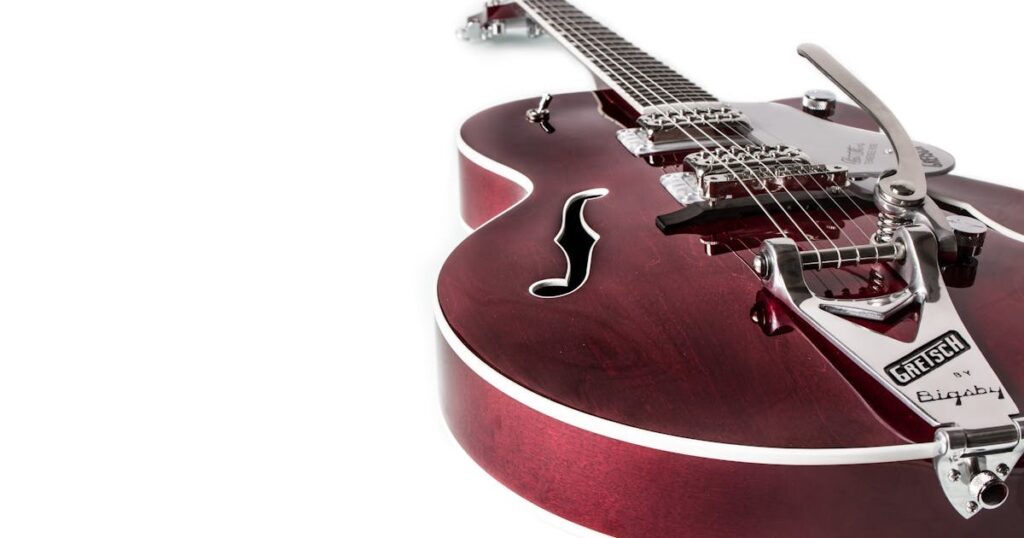Key takeaway: This guide elucidates the distinctions and considerations of using steel strings on classical guitars, detailing their ideal applications, impacts, and the instruments specifically designed for these strings, ensuring audiences make informed decisions rooted in cultural and musical understanding.
If you are a guitar enthusiast, chances are that you have come across the debate about whether to use steel strings or nylon strings on a classical guitar. While many classical guitar players stick to the traditional nylon strings, there is an increasing interest in using steel strings on these guitars.

In this article, we will explore the topic of steel strings on classical guitars and provide valuable information for anyone interested in trying out this combination.
Guitars Designed for Steel Strings
Traditionally, classical guitars were designed with wider necks and lower string tension to accommodate nylon strings. However, as more acoustic and electric guitars began using steel strings, some manufacturers started creating classical guitars designed specifically for steel strings.
These guitars have narrower necks and higher string tension, making them suitable for producing a brighter and louder sound compared to traditional classical guitars.
The use of steel strings on these specialized classical guitars has gained popularity in recent years, with many guitarists experimenting with this combination to create a unique sound that blends elements of both acoustic and classical music.
Steel Strings on Guitars Designed for Nylon Strings
Another option for using steel strings on classical guitars is by simply replacing the nylon strings with steel ones. This option is more cost-effective since it does not require purchasing a new guitar specifically designed for steel strings.
However, it’s worth mentioning that this option may not work for all classical guitars, especially those with lower-quality necks that may not withstand the higher tension of steel strings.

If you are considering using steel strings on your classical guitar designed for nylon strings, it’s essential to consult a professional guitar technician or luthier to determine if your instrument can handle the change and make any necessary adjustments.
FAQs
Can I use steel strings on my traditional classical guitar?
Yes, but it’s important to consult a professional before making the switch as it may require some adjustments or even damage your instrument.
Will using steel strings affect the sound of my classical guitar?
Using steel strings will produce a brighter and louder sound compared to nylon strings, but the exact sound will depend on factors such as the type and quality of the guitar.
Can I switch back to nylon strings after using steel strings?
While it is possible to switch back to nylon strings, it’s not recommended to frequently interchange between the two types of strings as it can affect the stability and longevity of your instrument.
Conclusion
In conclusion, while traditionally, classical guitars were designed for nylon strings, there are now options available for those interested in using steel strings.
Whether you prefer a specialized classical guitar designed for steel strings or want to try replacing your nylon strings with steel ones, it’s essential to consult a professional before making any changes. Ultimately, the decision should be based on your personal preferences and the type of sound you want to achieve.
